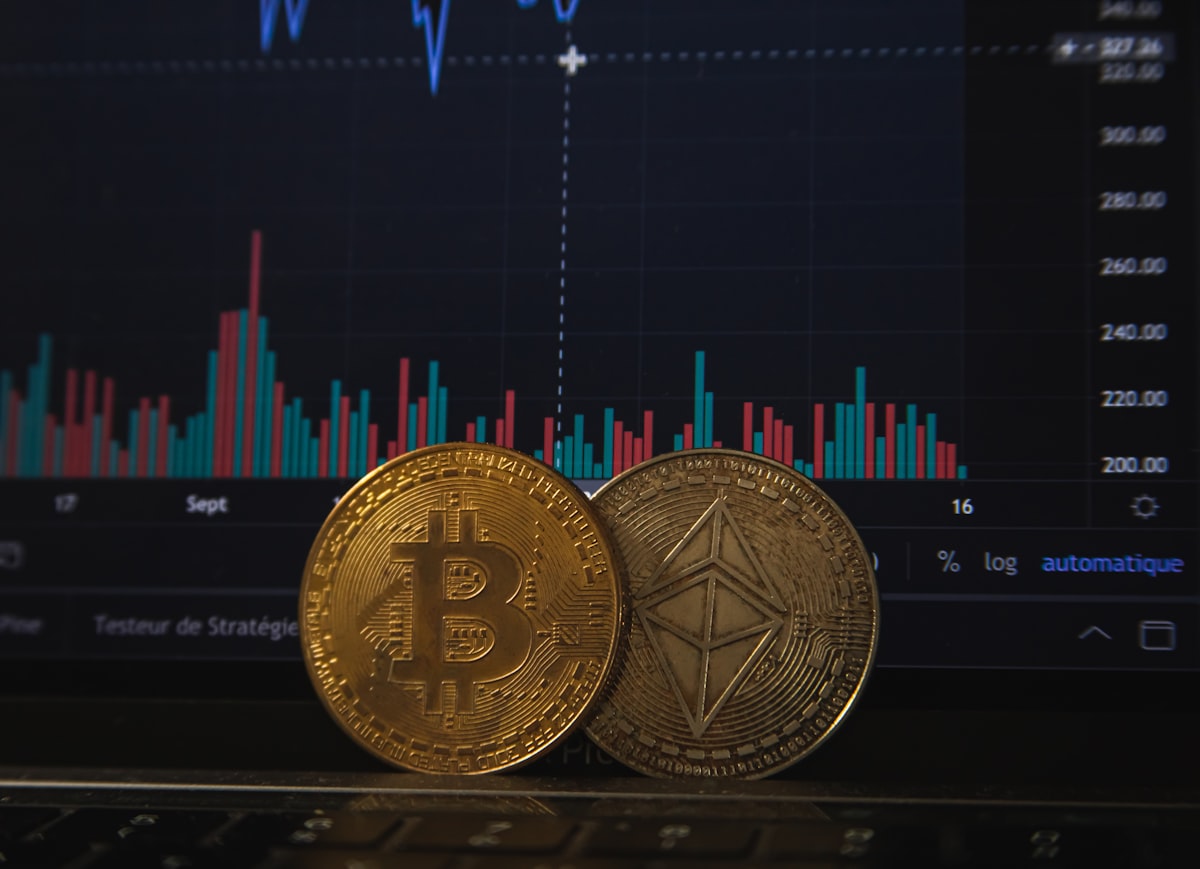Does Blockchain Have the Potential to Create Financial Inclusion?

Blockchain technology has emerged as one of the most talked-about innovations of the 21st century. Its potential to revolutionise industries and change the way we interact with the world is unmatched. Whether you know a lot about it, it is likely that you know someone with a faily strong opinion about it. The main question at the moment is whether blockchain has the potential to tackle and create financial inclusion all over the globe.
What is Blockchain?
If you aren't sure what Blockchain is. It is a decentralised, digital ledger of transactions that is maintained by a network of computers. Each block in the chain contains a record of several transactions, which are verified by the network before being added to the chain. Once added, the block cannot be altered or deleted, making the blockchain tamper-proof and secure.
The basic building blocks of a blockchain are the nodes, which are individual computers that are connected to the network. Each node has a copy of the entire blockchain, which is continuously updated as new blocks are added to the chain. When a new transaction occurs, it is broadcast to the network, and each node verifies it using a consensus mechanism.
Blockchain has the potential to transform industries and change the way we live and work. Blockchain can be used in a few different ways. The main four being:
- Cryptocurrency: The most well-known application of blockchain is cryptocurrency. Bitcoin, the first cryptocurrency, uses blockchain technology to create a decentralized digital currency.
- Supply Chain Management: Blockchain can be used to track goods and products as they move through the supply chain. This can improve transparency and reduce fraud.
- Identity Management: Blockchain can be used to create secure digital identities that cannot be altered or stolen. This can improve privacy and reduce identity theft.
- Voting Systems: Blockchain can be used to create secure and transparent voting systems that are resistant to fraud and hacking.
How can it change the world?
Blockchain has the potential to change the world by decentralising the economy. Whilst it is usually associated with cryptocurrencies, however, it is beginning to show potential beyond the financial sector.
The issue with implementing newer technolgies such as blockchain is that low to middle-income countries are excluded from this due to a lack of resources and infrastructure. This then feeds into the issue of overall global economic growth.
Blockchain & Financial Inclusion
Financial inclusion refers to the ability of individuals and businesses to access affordable financial services that meet their needs, regardless of their location or financial status. With its decentralized nature and robust security features, blockchain technology can potentially transform the financial landscape, making it more inclusive and accessible to all.
One of the key features of blockchain is its decentralized nature. Unlike traditional financial systems that are centralized, blockchain networks operate on a peer-to-peer basis. This means that transactions can be conducted directly between parties without the need for intermediaries such as banks or other financial institutions. This can reduce transaction costs and eliminate the need for a third-party to act as a middleman.
Blockchain technology is highly secure and transparent. Transactions on the blockchain are secured through complex cryptographic algorithms that ensure the integrity and confidentiality of data. The decentralized nature of the blockchain also makes it difficult for hackers to breach the system, as there is no single point of failure.
Supported the excluded
Blockchain technology can potentially open up access to financial services to millions of unbanked and underbanked individuals around the world particularly in low to middle-income nations. By enabling peer-to-peer transactions, blockchain networks can facilitate the transfer of funds and the provision of financial services to individuals who do not have access to traditional banking systems. This can help to reduce financial exclusion and promote economic development.
Blockchain technology can also facilitate microfinance and crowdfunding initiatives. Microfinance involves providing small loans to individuals and businesses that are not able to access traditional financing. With blockchain, microfinance institutions can operate on a peer-to-peer basis, providing loans to individuals and businesses without the need for intermediaries.
Small & New Business
Similarly, blockchain technology can also enable crowdfunding initiatives, allowing individuals and businesses to raise funds from a large pool of investors. This can be particularly useful for small businesses and startups that have difficulty accessing traditional financing.
Overall, blockchain technology has the potential to create financial inclusion by providing secure, transparent, and decentralized financial services. By enabling peer-to-peer transactions, microfinance, crowdfunding, and digital identities, blockchain can help to reduce financial exclusion and promote economic development. While there are still challenges to be overcome, such as regulatory frameworks and technical infrastructure, blockchain technology is a promising tool that can help to create a more inclusive and equitable financial system.
Find out more about Tej Kohli :

| Follow: Twitter | Instagram | LinkedIn | Facebook | YouTube |




Comments ()